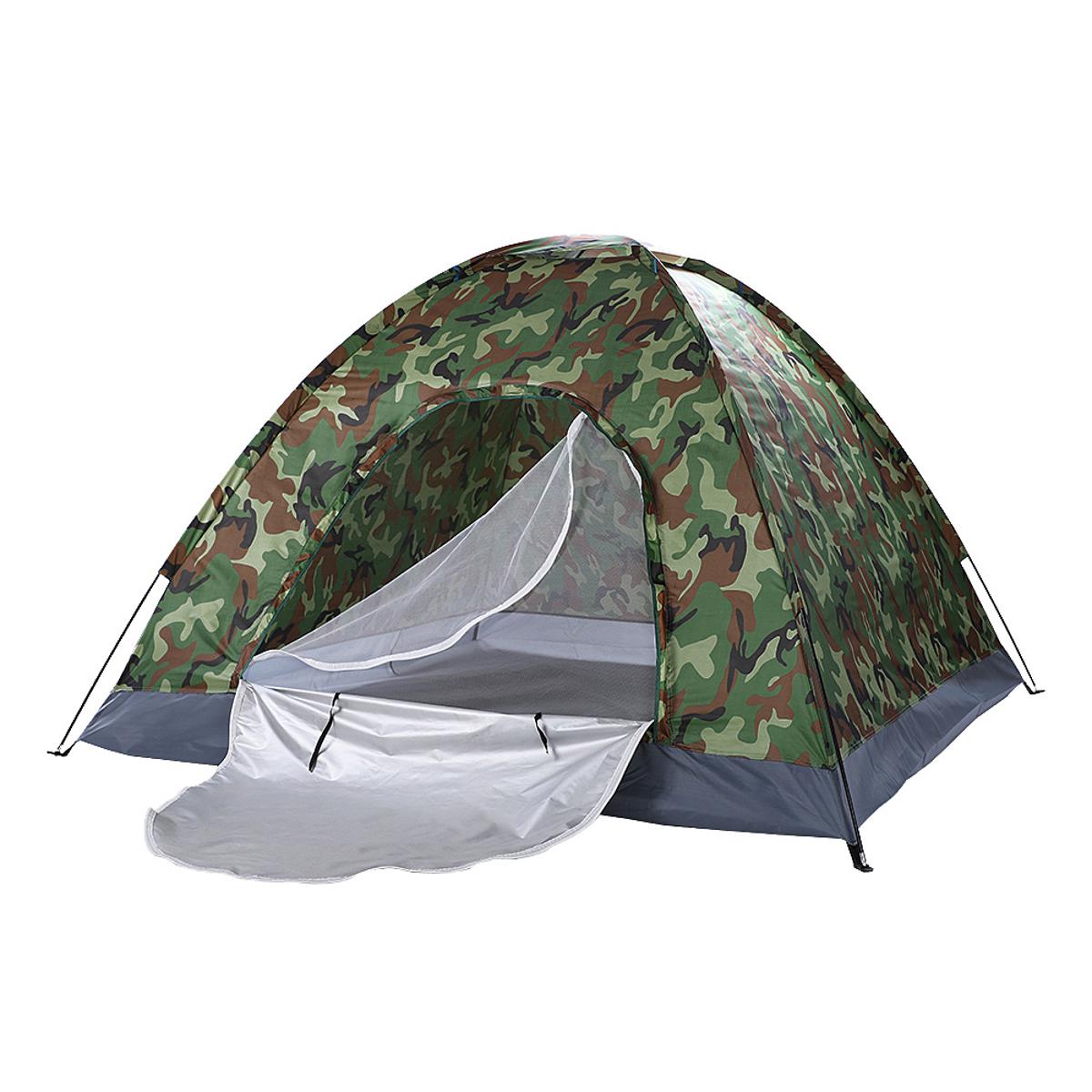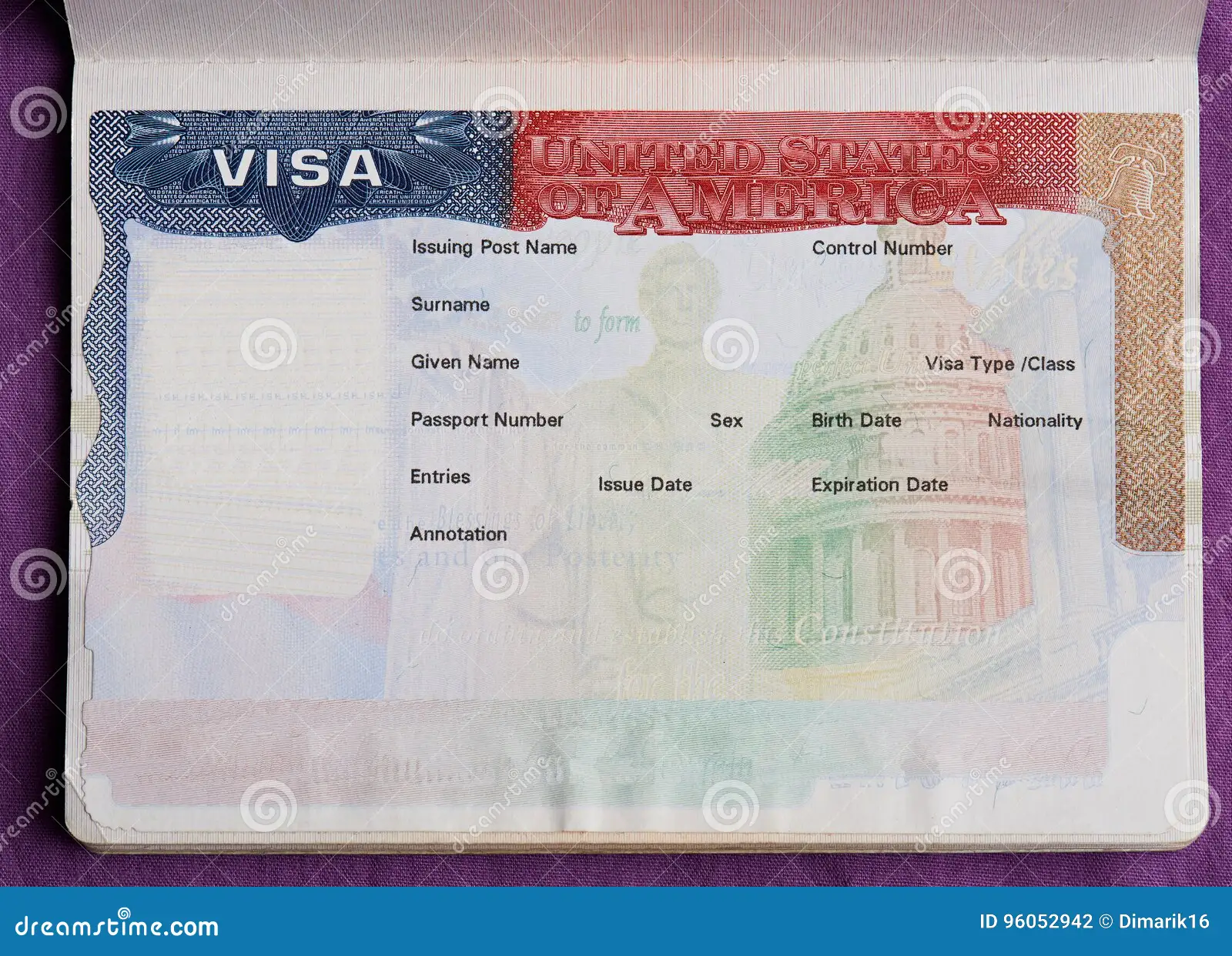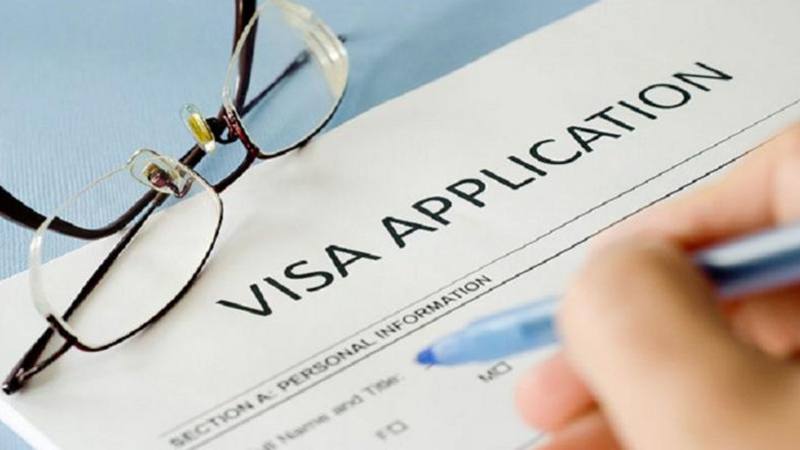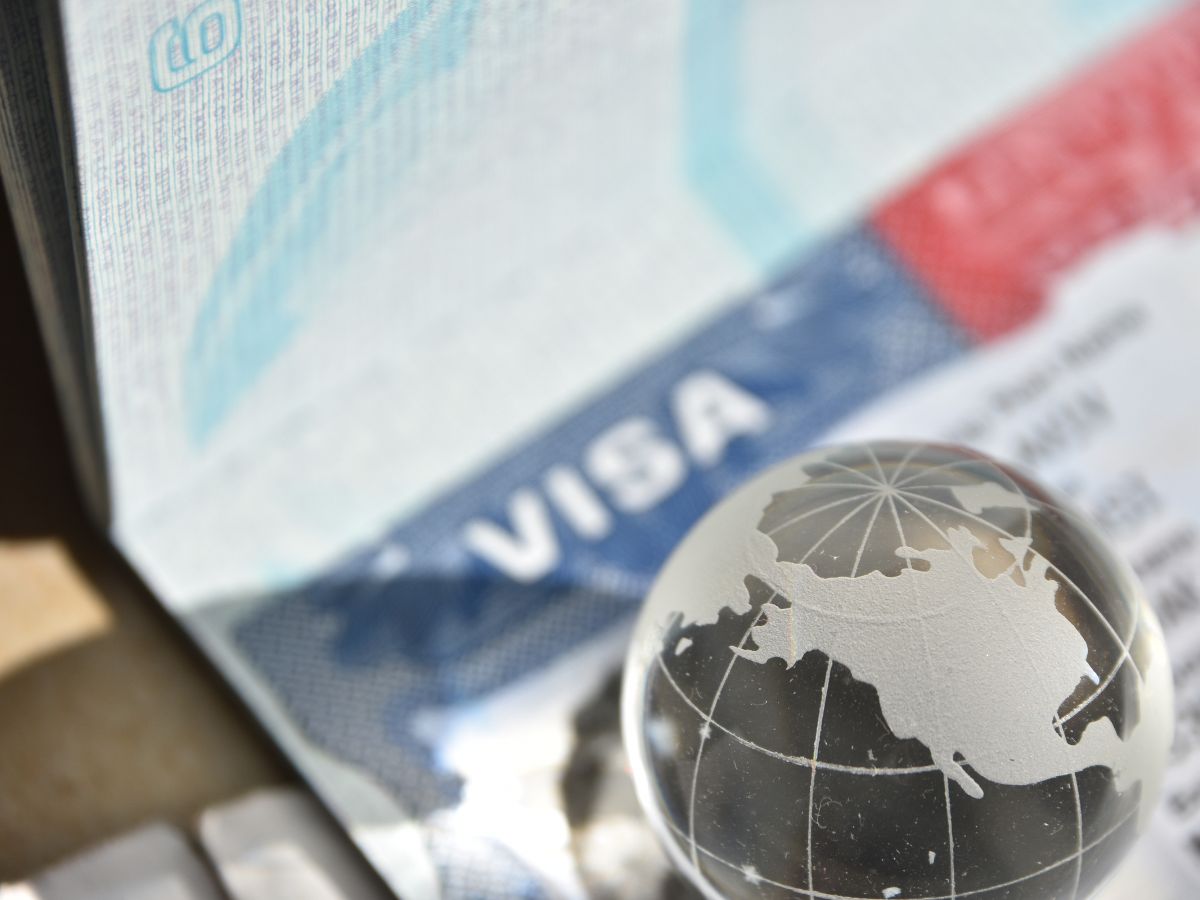Credit cards are a ubiquitous part of modern financial life. They offer convenience, flexibility, and rewards, but they can also lead to financial trouble if not used responsibly. In this comprehensive guide, we will explore everything you need to know about credit cards, from understanding how they work to managing them wisely. Whether you’re new to the world of credit or looking to enhance your credit card knowledge.
Understanding Credit Cards
1. What is a Credit Card?
A credit card is a plastic card issued by a financial institution that allows you to borrow money to make purchases. Unlike a debit card, which withdraws funds from your bank account, a credit card allows you to borrow money up to a predefined credit limit.
2. How Does It Work?
When you use your credit card, you’re essentially taking out a short-term loan. The card issuer covers the cost of your purchase, and you agree to repay them later. Each month, you’ll receive a statement detailing your transactions, and you’ll have the option to pay the full balance or a minimum payment.
Choosing the Right Credit Card
1. Types of Credit Cards
There are various types of credit cards, each designed for different purposes:
– Rewards Cards: Offer cashback, points, or miles for every dollar spent.
– Travel Cards: Designed for frequent travelers, they often provide travel-related perks.
– Balance Transfer Cards: Allow you to transfer existing credit card balances to a new card with a lower interest rate.
– Secured Cards: Ideal for building or rebuilding credit, they require a security deposit.
– Student Cards: Tailored for students with limited or no credit history.
– Business Cards: Designed for business owners, they offer expense tracking and rewards for business-related purchases.
2. Interest Rates and Fees
Pay attention to the Annual Percentage Rate (APR) and fees associated with the card. Low APR cards are better for carrying balances, while no annual fee cards are cost-effective.
Using Credit Wisely
1. Pay On Time, Every Time
Timely payments are crucial to maintaining good credit. Late payments can result in fees, higher interest rates, and damage to your credit score.
2. Pay More Than the Minimum
Paying only the minimum balance can lead to a cycle of debt. Always strive to pay more than the minimum to reduce your outstanding balance.
3. Monitor Your Credit Card Statements
Regularly review your statements for errors or unauthorized transactions. Report any discrepancies to your card issuer immediately.
4. Keep Credit Utilization Low
Credit utilization is the ratio of your credit card balances to your credit limits. Aim to keep it below 30% to maintain a healthy credit score.
5. Avoid Cash Advances
Cash advances come with high fees and interest rates. Use your credit card for purchases, not as an ATM.
Building and Maintaining Good Credit
Your credit score is a crucial factor when it comes to credit cards and many other financial aspects. It determines your creditworthiness and can influence the terms and conditions of your credit card offers.
1. Building Credit
If you’re new to credit, consider starting with a secured credit card. Make timely payments and use your card responsibly to build a positive credit history.
2. Maintaining Good Credit
Once you’ve established credit, focus on maintaining a good credit score. This involves paying bills on time, keeping credit utilization low, and avoiding excessive debt.
3. Monitoring Your Credit Score
Regularly check your credit reports from the three major credit bureaus (Experian, Equifax, and TransUnion). You’re entitled to one free report from each bureau annually.
Credit Card Security
Credit card security is crucial to safeguard your finances and personal information.
1. Keep Your Card Safe
Treat your credit card like cash. Keep it in a secure place, and don’t lend it to others.
2. Be Cautious Online
When making online purchases, only use secure and reputable websites. Avoid entering your card information on suspicious sites.
3. Report Lost or Stolen Cards Immediately
If your card is lost or stolen, contact your card issuer immediately to prevent unauthorized use.
4. Regularly Review Statements
Thoroughly review your credit card statements for unauthorized charges. Report any discrepancies promptly.
Conclusion: Mastering the Plastic
Credit cards offer immense convenience and financial benefits, but they also come with responsibilities. Understanding how credit cards work, choosing the right card for your needs, and using it responsibly are key to making the most of your plastic. By following the tips outlined in this guide by briansclub login, you can navigate the world of credit cards with confidence, enhance your financial well-being, and build a strong credit history that will serve you well in the future. Remember, your credit card is a tool – use it wisely, and it can work to your advantage.













Leave a Reply